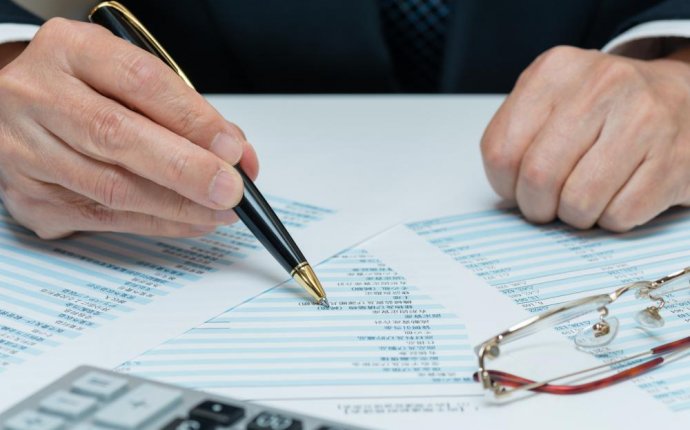
Investment Banking Derivatives
 If you’ve dabbled in the markets or tried your hand at investing in recent years, you’ve most likely heard the term “derivative” tossed around. Maybe you’ve heard money managers use the word to describe options based on assets such as stocks, while financial publications dive into the use of credit default swaps when writing about the 2008 financial crisis. The rest of us, however, are often left on the outside of these conversations, not quite sure what derivatives are or how they might affect us.
If you’ve dabbled in the markets or tried your hand at investing in recent years, you’ve most likely heard the term “derivative” tossed around. Maybe you’ve heard money managers use the word to describe options based on assets such as stocks, while financial publications dive into the use of credit default swaps when writing about the 2008 financial crisis. The rest of us, however, are often left on the outside of these conversations, not quite sure what derivatives are or how they might affect us.
Financial derivatives are used for two main purposes to speculate and to hedge investments. Let’s look at a hedging example. Since the weather is difficult–if not impossible–to predict, orange growers in Florida rely on derivatives to hedge their exposure to bad weather that could destroy an entire season’s crop. Think of it as an insurance policy—farmers purchase derivatives that allow them to benefit if the weather damages or destroys their crop. If the weather is good, and the result is a bumper crop, then the farmer is only out the cost of purchasing the derivative.
Part of the reason why many find it hard to understand derivatives is that the term itself refers to a wide variety of financial instruments. At its most basic, a financial derivative is a contract between two parties that specifies conditions under which payments are made between two parties. Derivatives are “derived” from underlying assets such as stocks, contracts, swaps, or even, as we now know, measurable events such as weather. Conditions that determine when payments are made often include the price of the underlying asset and the date at which the underlying asset achieves that price.









